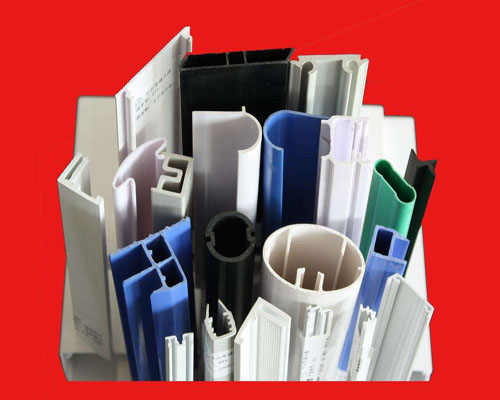When selecting the appropriate thickness of PVC strip for industrial applications, several factors need to be considered, including the environment, purpose, and specific requirements of the industry. PVC strips are widely used in industrial settings for purposes such as temperature control, noise reduction, dust prevention, and energy conservation. The thickness of the PVC strip plays a crucial role in its effectiveness and durability.Down-to-earth right plastic profile extrusion In-depth research is the only way to pursue development. https://www.jiepeng-plastic.com/
Understanding PVC Strip Thickness
PVC strip thickness is typically measured in millimeters (mm), with common thicknesses ranging from 2mm to 6mm. The thicker the strip, the more robust and durable it is, making it suitable for environments with heavy traffic or harsh conditions.
DSC_8328.JPG
Common Thicknesses and Their Applications
2mm to 3mm Thickness:
Ideal for Light Industrial Use: Thinner strips, such as those in the 2mm to 3mm range, are often used in areas with lighter traffic, such as office doorways or storage areas. These strips provide adequate protection while being easy to push through, making them suitable for environments where people frequently pass through.
4mm Thickness:
Versatile and Durable: A 4mm thickness is considered a versatile option for a variety of industrial applications. It offers a good balance between durability and flexibility, making it suitable for warehouses, cold storage facilities, and workshops where moderate traffic and environmental control are necessary.
5mm to 6mm Thickness:
Heavy-Duty Industrial Use: Thicker PVC strips, such as those in the 5mm to 6mm range, are designed for heavy-duty industrial use. These strips are ideal for areas with high levels of traffic, such as loading docks, factory entrances, and areas where machinery operates. The added thickness provides enhanced durability and better protection against extreme temperatures, dust, and noise.
Choosing the Right Thickness
When selecting the thickness of PVC strips for industrial use, it’s essential to consider the specific needs of your facility. Factors such as the volume of traffic, temperature control requirements, and the type of machinery in use should all influence your decision. For high-traffic areas or environments with significant temperature fluctuations, opting for a thicker PVC strip will ensure better performance and longevity.
Conclusion
In summary, the appropriate thickness of PVC strip for industrial use depends on the specific demands of the application. Thicker strips offer greater durability and protection, making them suitable for more demanding environments. By carefully assessing the needs of your facility, you can select the right PVC strip thickness to ensure optimal performance and efficiency.